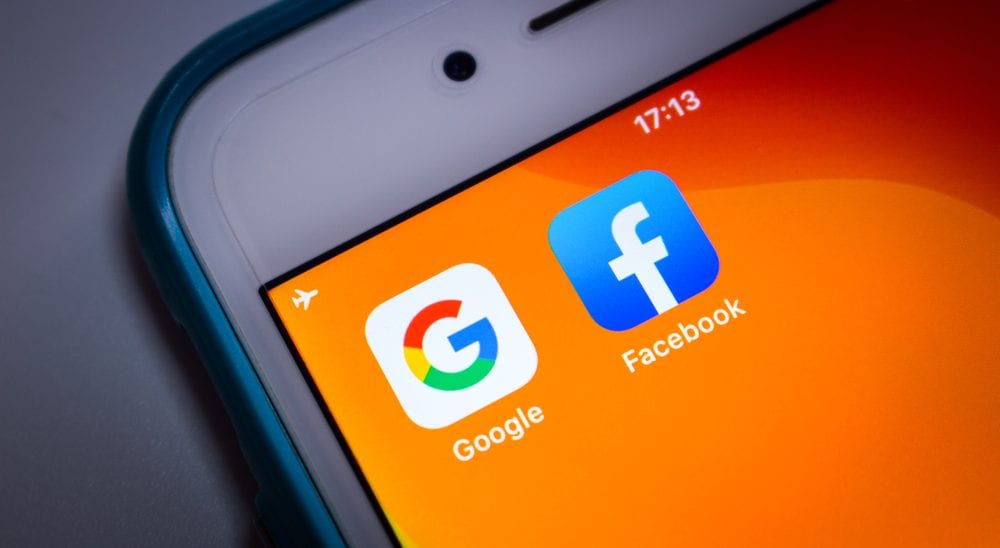Lawyers, academics and campaigners join forces to demand Google, Facebook, YouTube and major tech firms end targeted ads to under 18s.

Image credit: Koshiro K / Shutterstock.com
- Lawyers, academics, clinicians, privacy campaigners, children’s rights advocates, environmental groups issue joint letter demanding major tech firms turn off targeted advertising to under 18s. Full text of the letter below.
- Intervention, co-ordinated by environment charity Global Action Plan (GAP), comes days after £2.5bn lawsuit against Google in which tech giant is accused of illegally datamining 5 million under 13s in the UK on YouTube for advertising purposes. GAP is advising Duncan McCann, the representative claimant in the lawsuit.
- The letter argues protections should be extended to under 18s
- 23 signatories including Mr McCann, Caroline Lucas MP, Professor Sonia Livingstone OBE, Foxglove, Privacy International, 5Rights Foundation, Friends of the Earth, Open Rights Group.
A joint letter authored by academics and campaigners is calling on tech platforms to turn off targeted ‘behavioural’ advertising to kids – and the tracking that underpins it – on services they own and operate.
The letter warns that – as per the McCann vs Google lawsuit announced earlier this week – firms are breaking EU and UK law if they process under 13s data for advertising purposes.
The diverse coalition goes further, however, demanding targeted ‘behavioural’ ads are turned off for all children under 18. They argue there is “no justification” for targeting teens with personalised ads any more than there is for targeting children of 12 and under.
Oliver Hayes, Policy & Campaigns lead at Global Action Plan, says:
“The last thing kids or their parents need in their lives is invasive, manipulative marketing.“
“And while Google, Facebook and others are keen to tout their green commitments, the reality is their eye-popping ad revenue is generated by aggressive marketing that encourages hyper-consumerism.“
“But for the tech giants, strained family wellbeing, ecological destruction and eroded privacy appear to be collateral in the pursuit of ad dollars.“
Signatories to the letter claim that behavioural marketing – ads based on browser history, location, personal information and a host of other identifying data – “undermines children’s privacy” and that children of all ages are “more susceptible to the pressures of marketing, less likely to recognise paid-for content, and less likely to understand how and what kinds of data are used for these purposes than adults”.
The letter is part of GAP’s new Stop Targeted Advertising to Kids campaign, which argues that online behavioural advertising accelerates consumerism, harming wellbeing and adding to the already perilous strain on the planet. The campaign draws from decades of research by into the negative wellbeing, educational and ecological impacts of marketing to children.
Existing data protection laws both in the US and EU outlaw processing of kids’ data without informed parental consent. If these laws were properly observed or enforced, behavioral ads to kids would not be possible. The fact that ad-tech companies hold on average 72 million data points on a US child by the time they turn 13 tells its own story.
Oliver Hayes continued:
“One in three internet users are children. Tech giants have a responsibility to protect them, and the planet.“
“If platforms serve targeted ads to under 13s they’re already breaking the law. There is nothing stopping them going further and immediately turning off invasive ads to all under 18s. It’s the right thing to do – it’s high time they did it”
Martha Dark, Director of Foxglove said:
“Google has been profiting from kids’ attention for years and it is time to change that. But this goes beyond Google – it is inconceivable that all the major platforms don’t know their services are heavily accessed by children. They need to act like it and stop breaking the law.”
GAP is also calling for a reduction in the overall volume of advertising on social media, saying social media platforms should limit ads to no more than 10% of content, arguing that rules which have long existed in broadcast TV limiting ads to seven minutes per hour should be replicated on social media, where children now spend far more of their time.
